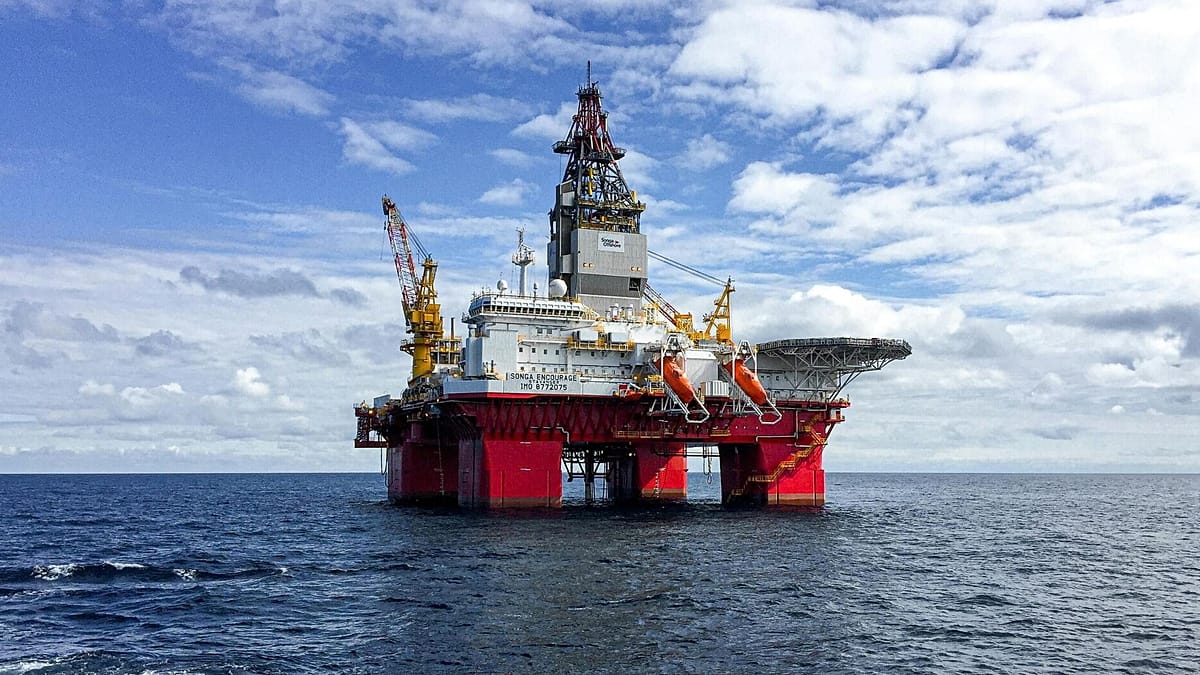The European Court of Human Rights has just set a new precedent for climate accountability in a landmark ruling.
In Greenpeace Nordic and Others v. Norway, two NGOs, Greenpeace Nordic and Nature and Youth, along with six activists, argued that Norway’s decision to grant licences for oil exploration in the Barents Sea violated their human rights by failing to assess the climate impact of fossil fuel extraction.
While the Court ruled that Norway did not violate human rights, it came with a large caveat. The Court emphasised that future oil and gas projects should assess the global climate impact of these fossil fuel projects – including emissions from combustion, wherever they take place – before the country opens new fields to drilling.
“This judgment sets a powerful precedent: governments cannot approve projects causing irreversible climate harm without judicial scrutiny, and NGOs and individuals now have stronger legal grounds to challenge fossil fuel projects globally,” says Sébastien Duyck, an attorney for the Centre for International Environmental Law (CIEL).
What the ruling means for environmentalists
On the surface, the ruling might not sound like a major win for climate activists. But its implications are greater than they may seem.
The Court confirmed that states have a legal duty to consider the full climate consequences of new oil and gas projects before issuing production licences, even if the specific human rights threshold was not crossed in this case.
This includes cumulative emissions across all projects and downstream emissions from burning fossil fuels, both domestically and abroad.
“No ongoing Norwegian production of petroleum satisfies these requirements,” Cathrine Hambro, a Norwegian Supreme Court lawyer, explained.
“The most important point is that climate impact must be taken into account in decisions. That’s something fossil fuel-producing countries have tried to avoid so far,” Clemens Kaupa, a law professor at Vrije Universiteit Amsterdam, told Dutch news outlet NU.nl.
Where did this case come from?
The legal battle began in 2016, when Greenpeace Nordic, Nature and Youth, and six activists challenged Norway’s decision to open parts of the Barents Sea to oil exploration.
They argued that the licences violated their rights under the European Convention on Human Rights, including the right to life and the right to respect for private and family life.
Although Norwegian judges at every level acknowledged that oil drilling has serious consequences for the planet, they refused to cancel the licenses.
In 2021, after exhausting their appeals in Norway, the plaintiffs took the case to the European Court of Human Rights in Strasbourg.
This week, the Court acknowledged that Norway’s initial climate assessments were incomplete and stressed that before any drilling can happen, Norway must do a proper, up-to-date study of how the project will affect the climate.
The ruling builds on previous cases that have set new precedents for environmental rights.
In July, the UN’s top court said that “a clean, healthy and sustainable environment” is a human right and, if countries fail to take appropriate action to protect the climate, they could be in violation of international law.
What’s next for Norway and fossil fuels?
For now, the licences allow exploration but not drilling. Authorities must conduct robust environmental impact assessments before they can begin production. That gives citizens, NGOs and courts a stronger role in holding governments accountable.
Legal experts are hailing it as a landmark step in aligning human rights law with climate responsibility.
“This decision does not make the challenged projects any more viable – it just postpones the inevitable,” Nikki Reisch, director of CIEL’s climate and energy programme, said in a statement.
“Expanding fossil fuel production in the face of an escalating climate emergency is legally indefensible.”

